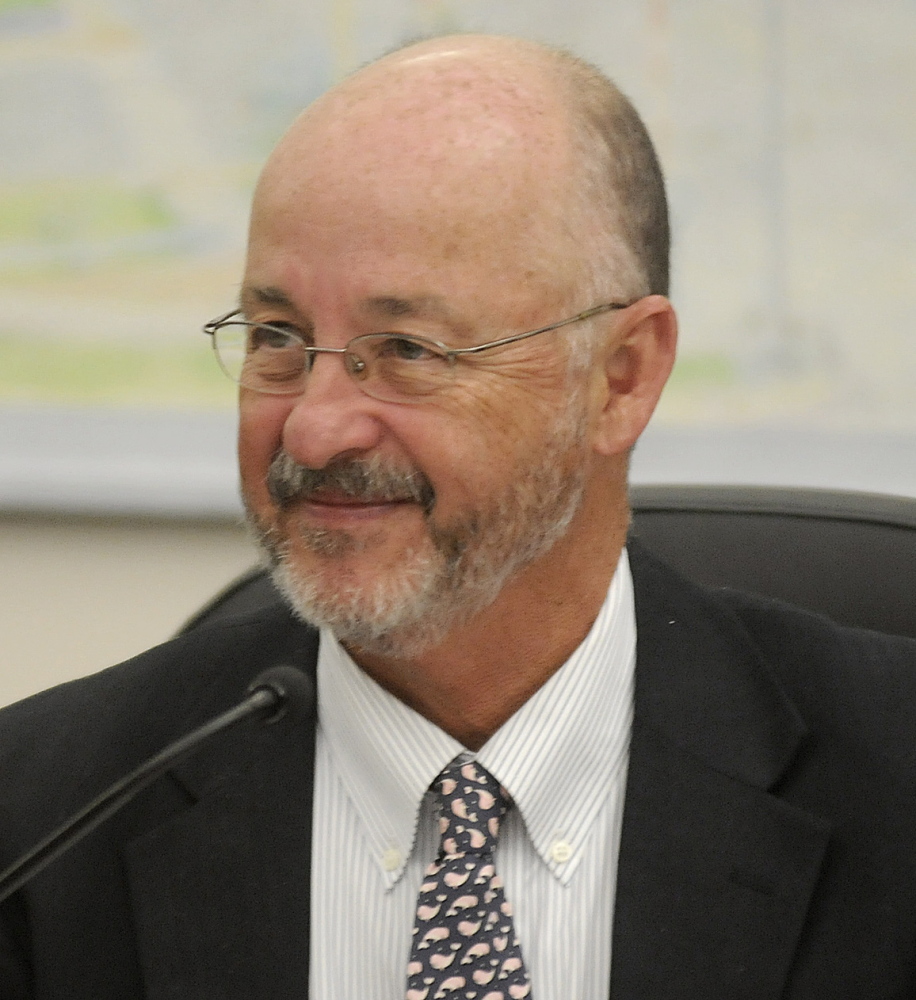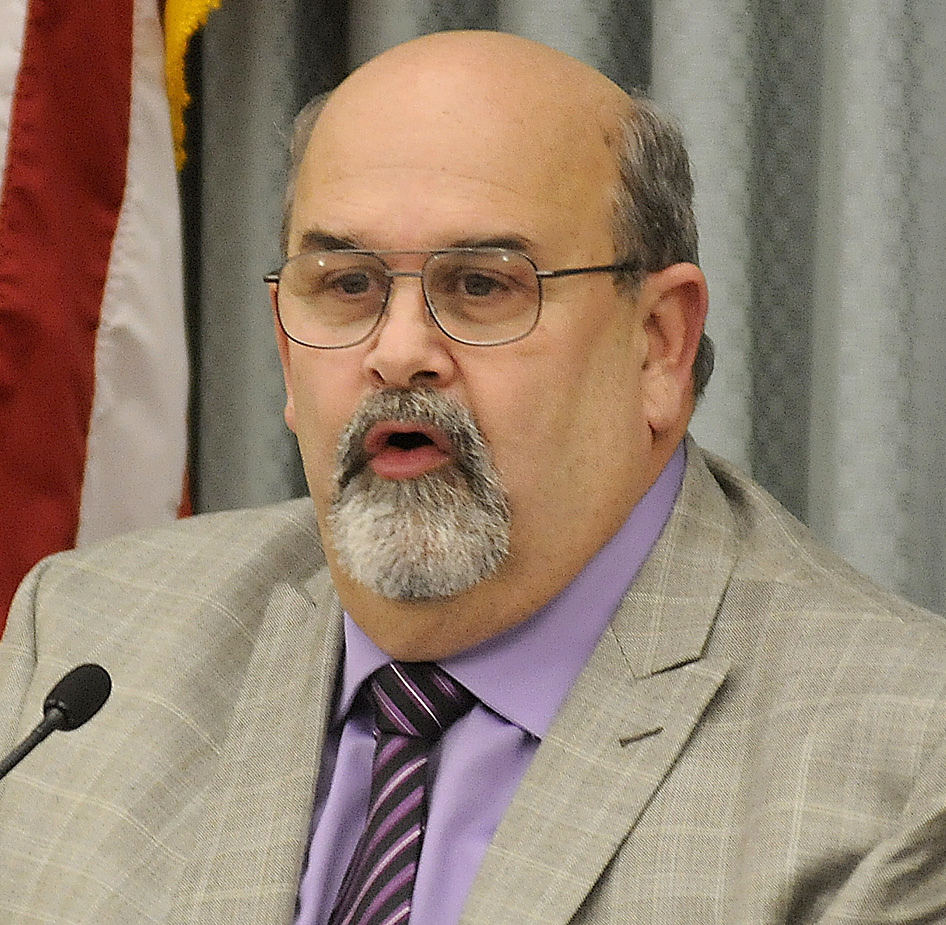AUGUSTA — Maine’s capital city could thrive under a proposal by Gov. Paul LePage that would eliminate aid to state cities and towns while allowing them to tax certain nonprofits.
However, while Augusta could tax the massive MaineGeneral Medical Center on Old Belgrade Road and many other properties in the city, smaller towns without large nonprofits would likely lose significant amounts of aid with no way to recoup money under the Republican governor’s plan.
On Friday, LePage unveiled a proposed budget that would eliminate $60 million in revenue sharing to cities and towns in the 2017 fiscal year. To make up for that, LePage would allow municipalities to tax all nonprofits, aside from places of worship, that have properties exceeding $500,000 in value.
However, those entities would only be subject to 50 percent of the taxes on the property value above that amount, said Alex Willette, a spokesman for the Maine Department of Administrative and Financial Services. So, just $100,000 of a $600,000 property owned by a nonprofit would be taxable, and that nonprofit would only be responsible for half of what the typical owner of a $100,000 home would pay in taxes.
While Augusta would lose about $1 million in revenue sharing, it would gain $1.7 million under current property assessments if it taxed all nonprofits eligible under LePage’s plan. Most of that — more than $1.3 million — would come from taxing the hospital, valued by the city at $143 million. The Kennebec Valley YMCA, the Kennebec Valley Humane Society and more than 20 other properties would also be taxed under the plan.
City Manager William Bridgeo said if Augusta could expand its tax base and offset the lost revenue, “that would take away my initial concern.” While city officials were hesitant to discuss how they may implement parts of LePage’s proposal, Mayor David Rollins called it “the starting point of what will be an interesting and very intelligent conversation” around funding government.
A MaineGeneral spokeswoman referred a reporter to the Maine Hospital Association. Its chief lobbyist, Jeffrey Austin, said hospitals statewide only operated at 1 percent profit margins last year. He said hospitals wouldn’t have available pools of money to pay new property taxes, so the added expenses would be passed to consumers.
“It’s a tax on people when they need medical care,” Austin said.
But smaller towns wouldn’t have hospitals to tax under the proposal. For example, Fayette would lose $42,000 in revenue sharing with no nonprofits to tax. Town Manager Mark Robinson said Fayette property taxpayers are already on the hook for more than 90 percent of municipal, school and county costs. LePage’s plan “would take what little money we do receive away,” he said.
“If the mandate is to allow the real estate property taxpayer to pay for it all, then they’ve succeeded,” Robinson said. “That’s the way it is.”
Michael Shepherd — 370-7652
Twitter: @mikeshepherdme
Send questions/comments to the editors.




Success. Please wait for the page to reload. If the page does not reload within 5 seconds, please refresh the page.
Enter your email and password to access comments.
Hi, to comment on stories you must . This profile is in addition to your subscription and website login.
Already have a commenting profile? .
Invalid username/password.
Please check your email to confirm and complete your registration.
Only subscribers are eligible to post comments. Please subscribe or login first for digital access. Here’s why.
Use the form below to reset your password. When you've submitted your account email, we will send an email with a reset code.